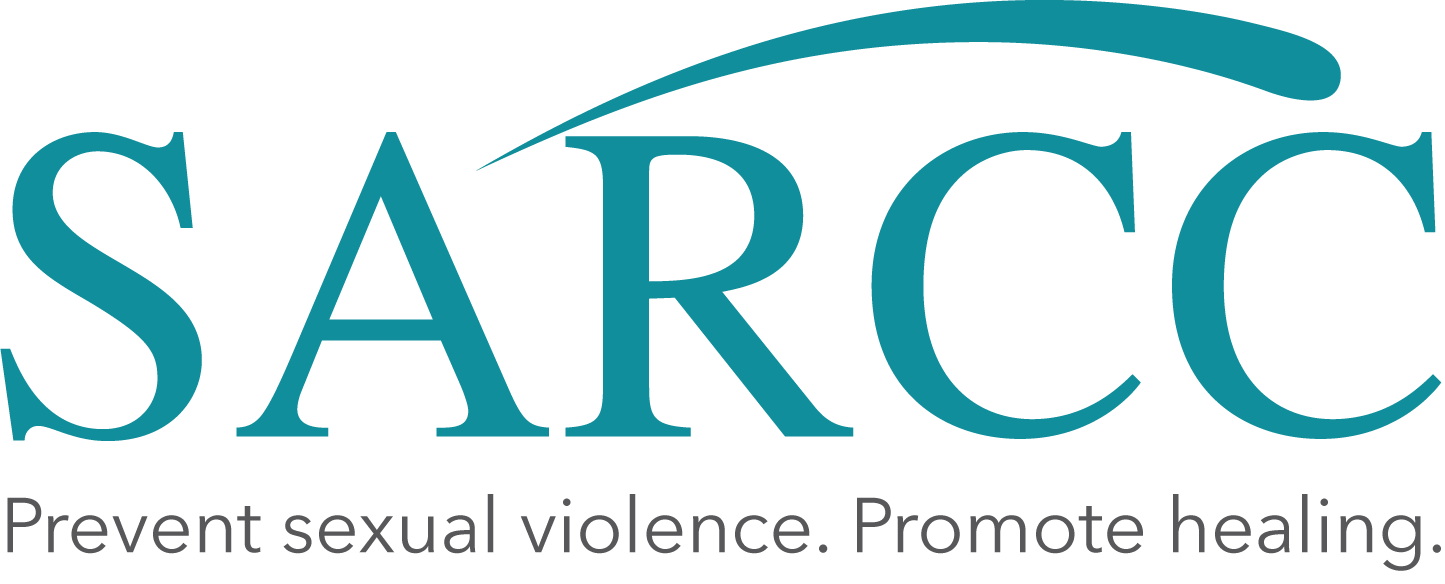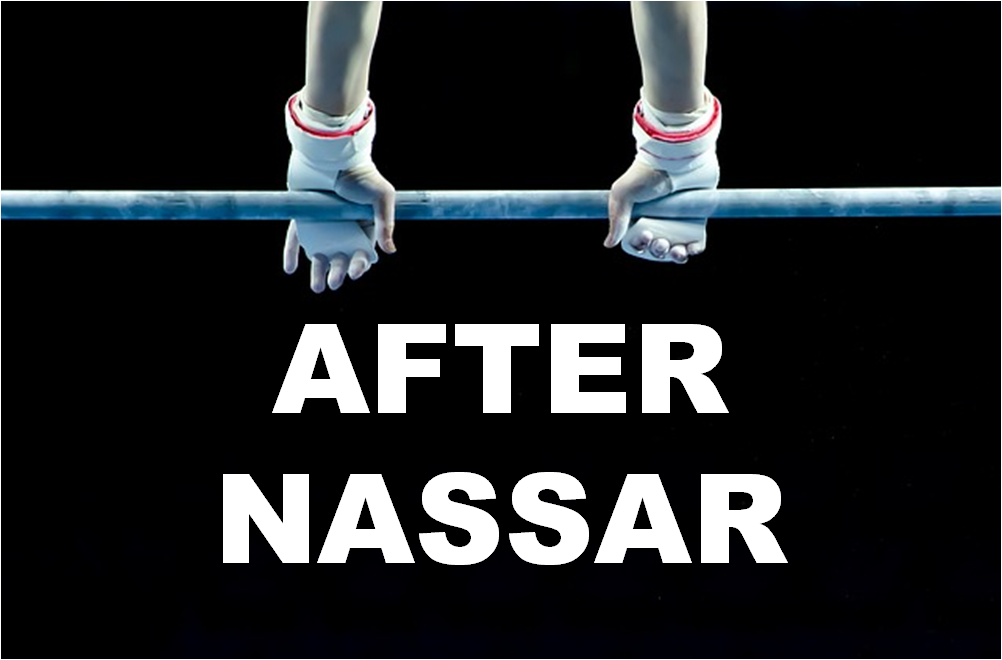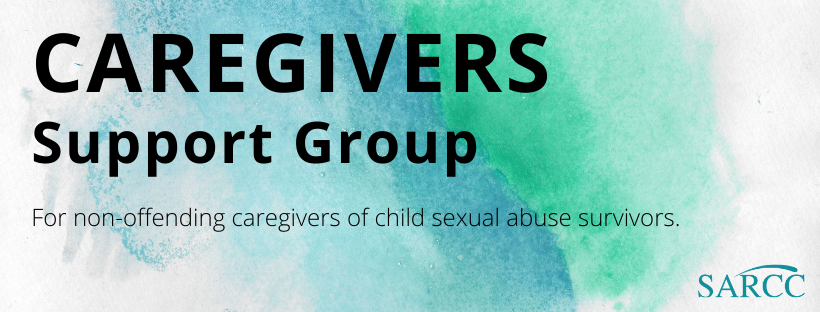This post originally appeared as a Letter to the Editor in The Republican Herald.
Last week in a groundbreaking sentencing hearing, Judge Rosemarie Aquilina invited every victim named in the case against Larry Nassar to share their victim impact statement. Over 150 women bravely shared their stories of systematic way that Nassar, the doctor for the US Olympic Committee and the University of Michigan, violated their bodies and their trust.
Sexual violence committed by trusted and respected professionals and community members is not uncommon. We saw it with Jerry Sandusky and Bill Cosby a few years ago, and we continue to hear new disclosures from our friends, families, and neighbors following the #MeToo movement. Small communities around the state, even some close to home, continue to grapple with their legal, moral, and ethical responsibility to address allegations of sexual abuse, assault, and harassment. Sexual abuse is a serious and widespread issue, and the time to act to protect children in our community is now.
According to the National Sexual Violence Resource Center, people who commit sexual violence are usually known and trusted by children and families (NSVRC, 2015) with 34% of child sexual abuse committed by family members. While Larry Nassar was sentenced to up to 175 years in prison, it’s clear that this is just the beginning of fallout that will impact schools, sports teams, boards, and committees who played a role in years of abuse.
Already, reports of a pattern of denial and inaction on the part of University of Michigan officials litter newsfeeds (Lavigne & Noren). The BBC reports that the entire USA Olympic Committee will resign over the fallout from this case. There is documented evidence that gymnasts have made reports and allegations against Nassar for decades, and no one in power took action to secure safety and stop the abuse (Connor & Fitzpatrick).
So what can schools and sports teams right here in Schuylkill and Lebanon County do to make sure we protect and defend our students and athletes?
First and foremost, take all allegations of sexual violence and abuse seriously. People who disclose sexual abuse by trusted community members open themselves to intensive scrutiny, and carry their pain publicly. False allegations are extremely rare. 63% of rapes are never reported to the police, and only 12% of child sexual abuse cases are reported (NSVRC, 2015).
Next, take a hard look at policies and procedures that can help prevent exposing our young people to adults who might harm them. Changes in the Child Protective Services Law in PA in 2015 have increased the responsibility of schools, community groups and sports teams to screen for history of child abuse. Look at the policies in place in your groups to ensure that employees, volunteers, and officials are all held to the same standard in securing child abuse and criminal record checks. Update clearances on a regular basis. Volunteers can request these clearances free of charge once every 5 years.
Policies and standards on clearances are not the only way to be proactive. Take a close look at your procedures for mandated reporting, responding to allegations of sexual harassment and abuse, and protocols for securing safety for children before you need them. Ask, does everyone in your organization know what to do and who to contact if they suspect abuse? Any person and report suspicions of child abuse to Childline online or by phone. It takes a few minutes, but could make all the difference to a child experiencing abuse. Leadership in organizations can discuss ways they will act to ensure children are safe and the accused is removed from contact with children until the situation is investigated. Document your actions along the way to show that you have done all in your power to support the young people in your care.
Finally, take steps to connect your students and athletes to supportive services in the community. Allegations of sexual abuse can rock the worlds of children and families, and the groups they’re a part of. SARCC provides no-cost counseling and support to children and adults in our community. Sexual Assault Counselors undergo extensive training to help survivors and families navigate this difficult time and begin on the path to healing. Call our 24/7 hotline at 570-628-2965 to get connected, get support, or even sort through suspicions of child sexual abuse and figure out your next steps.
Remember that when it comes to allegations of sexual abuse or misconduct, not all cases will be cut and dry. Our institutions have a responsibility to make decisions and take action in a way that holds the safety and well-being of young people as the highest priority.
Taking real, decisive action in response to allegations of sexual violence is the only way we can protect our children, families, and neighborhoods from further harm. Believe survivors, and act as stewards of our children in Schuylkill and Lebanon Counties.



